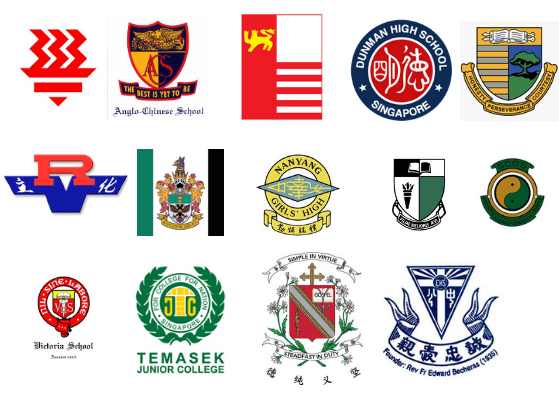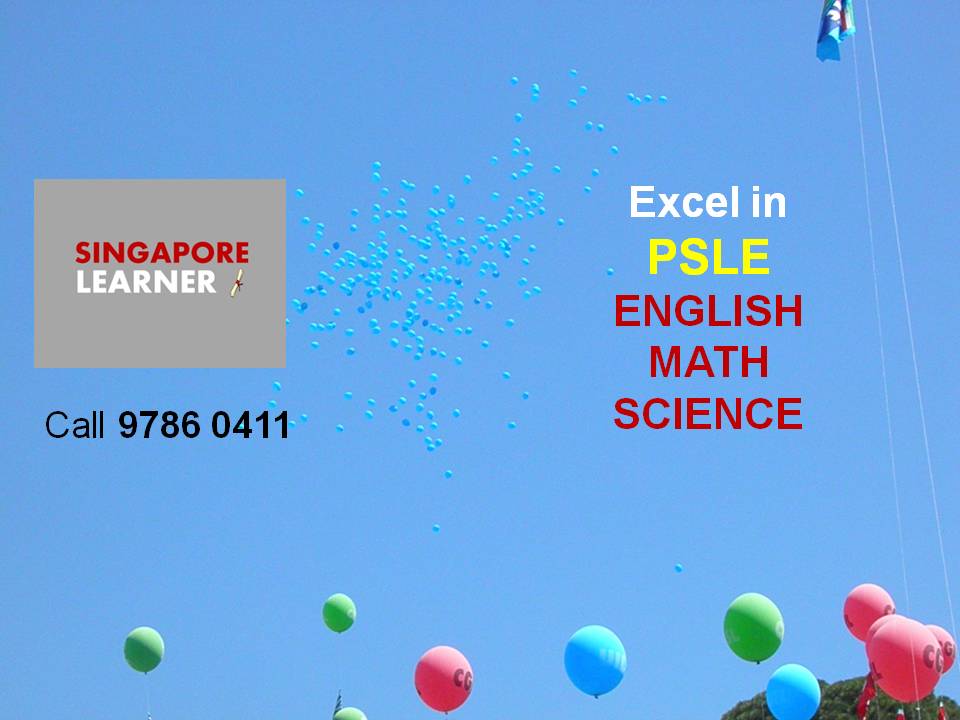Direct School Admission (DSA) students in Integrated Programme schools:
Parents of children who have been admitted into IP schools have expressed their concern to me on their anxieties, mainly whether their child will be able to cope with the rigorous educational standards of the top schools even though many of them do not meet the cutoff scores of their individual schools. I can assure you that with enough preparation, your child will be ready to meet the expectations of their IP schools and do better than their peers. I will cover this issue in the points below.
- Your child’s PSLE grade is low because of their success in the DSA interview.
Once a 12yo child is informed that he/she has been admitted into a top school before taking the PSLE, their typical response will be a sigh of relief and a more relaxed attitude towards one of the most stressful exams in Singapore. Most of my DSA students, and including my friends who have been successful in DSA applications into IP schools, have told me that the days leading up to PSLE have been stress-free, and they are able to focus more on their CCAs instead of just pure academics. This is shown in their lower PSLE scores as compared to their peers in their respective IP schools, who have been spending a lot of time hitting the ten year series as their spots in the IP schools are not secured. I assure you that if your child studied more during those days, he/she would see a significant jump in their PSLE scores as well. They are by no means lacking in terms of intelligence compared to their peers.
- There are quite a few skills or chapters covered in the PSLE that have insignificant impact on secondary school life
In the chapters of Science, only human/plant systems, forces, energy, man and his environment are tested in Secondary school. The bulk of what they learn in Primary 6, which is animal based such as environmental impact, web of life, adaptation, is completely untested at the Secondary level. For Math, the skills used in the last 20 marks of the exam, which essentially act as a gatekeeper to A* grade, are used to tackle open ended problem sums with abstract concepts. These skills may not be of great value in Secondary level Maths which focuses more on laws, procedure and presentation. In English, compositions test students on creative narrative writing, whereas Secondary level English tests them on argumentative essays, which place more importance on current affairs, and debating of key points rather than narrative and creative writing. In Secondary school, discipline and conscientiousness is more important, as compared to primary school which values open ended problem solving through problem sums and seemingly out of textbook structured question answers.
- The schools provide extra assistance to their DSA students
It should come as no surprise that the DSA students are valued members of the school as they are their representatives in CCAs. If students are taken out of class due to CCA commitments, there will be avenues for the teachers to cover those lost lessons with them again. CCAs are also expected to stand down during exam periods, especially during finals where the weightage of the exams are the highest.
That being said, DSA students should never rest on their laurels. IP is a competitive system that has sieved out most of the academically gifted children in Singapore. To do well in such an environment requires intense efforts from both parents as well as students to ensure that they do not stray from the path of academic excellence.
Mr Y.S Pang, IP Math and Science tutor at Singapore Learner
OUR IP TUTORS:
Mr Pang: Mr Pang graduated with a B.Eng(Honors) from NUS, and has been coaching students in O-level/IP and A-level Mathematics and Science for more than 5 years. An alumnus of RVHS(IP) and an experienced tutor in IP/A-level education, Mr Pang is a results oriented tutor whose students do very well in exams through efficient learning methods and exam preparation skills. Mr Pang employs a variety of teaching methods to cater to every type of learner, as well as teaching them the skill of self diagnostics, giving them the ability to constantly spot and rectify their own errors. He takes pride in inspiring his students to become confident learners and critical thinkers.
Mr Ilyasa: An NIE-trained Teacher, Mr Ilyasa has been coaching students in O-Level & IP Chemistry, Physics and Math for more than 12 years. An alumnus of Raffles Institution, Mr Ilyasa holds a a Bachelor of Science degree from the NUS as well as a Master of Education (Curriculum & Teaching) degree from the National Institute of Education. Mr Ilyasa’s thinking and metacognitive approaches to problem solving has helped many students of varying abilities to excel in Math and the Sciences. He has coached students from many different schools and streams, including IP, SAP, and IB.
For INDIVIDUAL (1-1) TUITION, you may contact Mr Ilyasa at 97860411.
First time having a child going to an Integrated Programme school
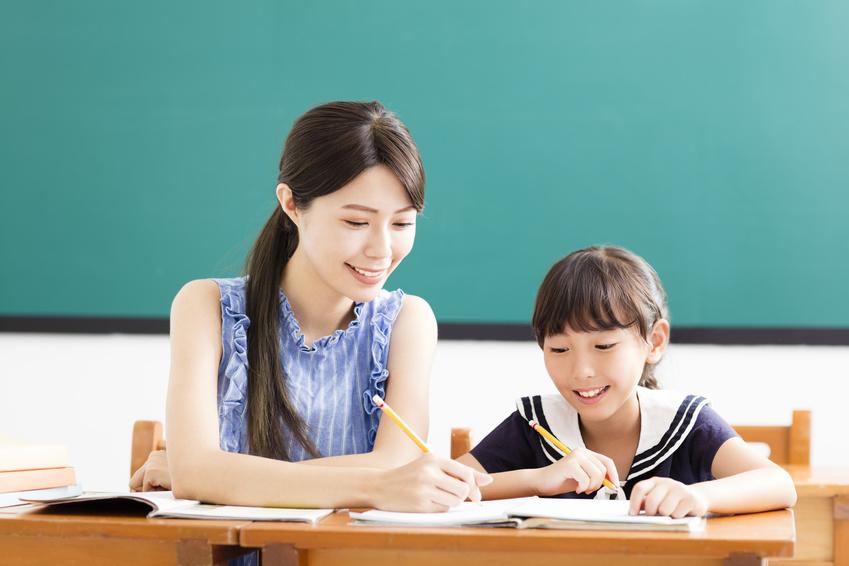
This guide is released to assist parents who have no prior experience in Integrated Programme matters, but have a child enrolling into an Integrated Programme stream.
1. The difficulty of the syllabus is enhanced. Using the traditional O-level textbooks or workbooks may not be sufficient to help your child in tackling the IP syllabus. The formula sheets, or timing of the papers may not be the same as the O-level. It is not uncommon for IP schools at the secondary level to teach beyond the regular syllabus, by including either JC topics/concepts or questions that may be very fringe/out of syllabus. If you are looking for good books to use, I suggest using those O-level textbooks with express/special stream in their titles. Those books are usually better for IP students as they involve deeper concepts and tougher questions. IP exam papers are very difficult to find online or in most bookstores, and there is no standardized textbook for reference due to the fast changing nature of IP syllabus.
Examples of tough IP questions which use concepts that are beyond their own level:
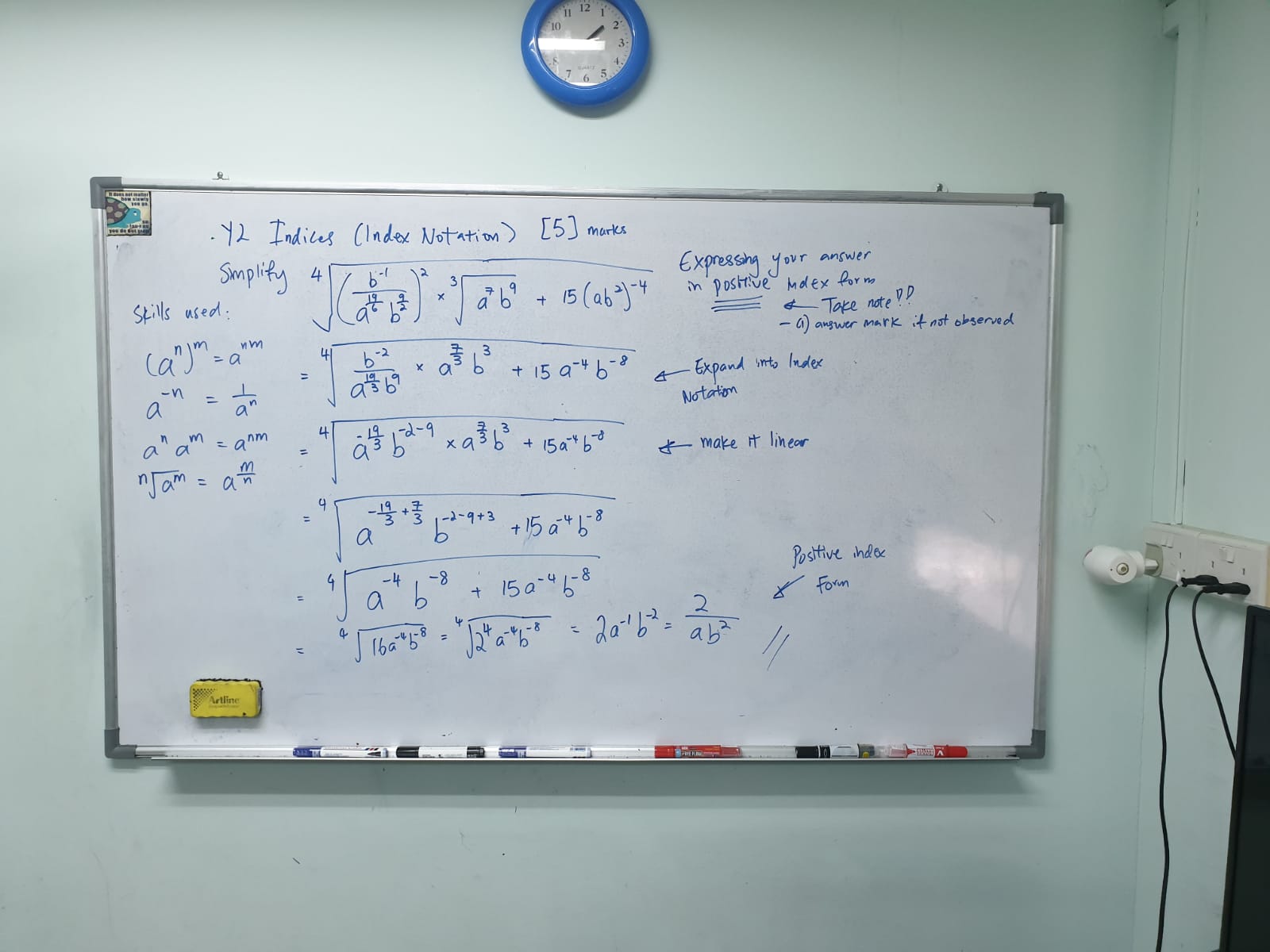
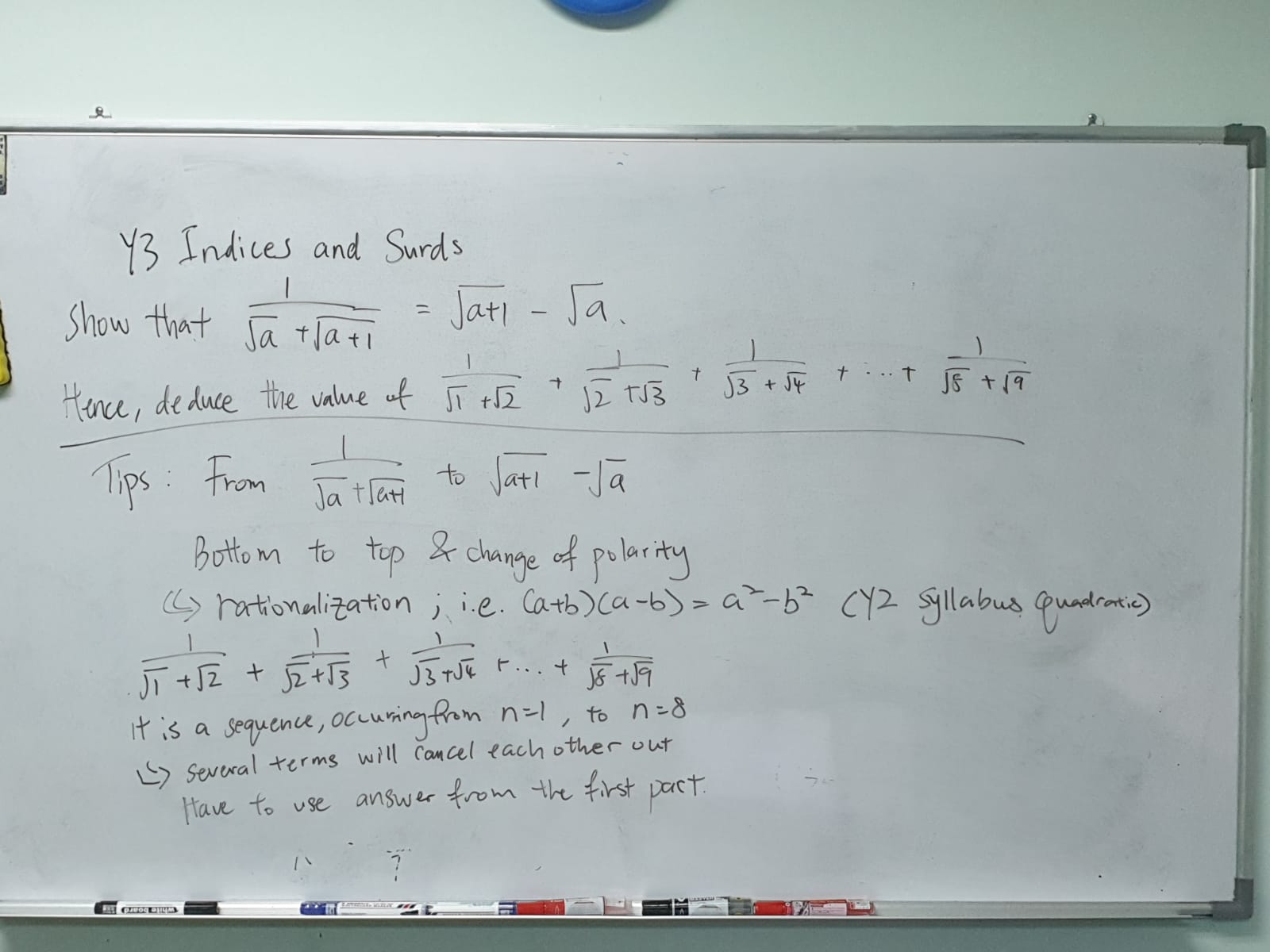
2. CCA is demanding. Your child will need to balance between studying hard and training for CCA rigorously. During competition periods, your child might miss some lessons and that will affect their grades. A consistent effort throughout the term is necessary for them not to fall behind, together with eating and sleeping well. Some schools even require students to take up more than one CCA in order to demonstrate their potential for leadership. Ultimately, this assists them in making their report book presentable for scholarships.
3. IP schools have graded project work. This is to prepare them for Y5 and Y6 as they would be required to take H1 project work. If your child is quiet, they have to learn to speak up, in order to score for presentation. A lot of time has to be dedicated to research, as well as preparing for presentation and a written report. Ultimately, this helps them in their H1 project work as they have 4 years of project work experience prior to JC. The research skills gained from project work will help them eventually in university as well.
4. The workload for homework is heavy. On top of CCA, and project work, there is still a lot of homework to clear. Besides the traditional worksheets issued for homework, there are still homework like lab reports, book reports or essays. These are all part of their continual assessment, and doing well in these modes of assessment requires your child to be very competent in the basics of all their subjects(e.g. Science lab reports can involve deep Mathematics concepts) Questions can seem very open ended as they are testing your child for their critical thinking skills.
This post is compiled by the IP tutoring team at Singapore Learner, based on our personal experience studying in an IP school or teaching in an IP school.
Our IP tuition schedule and other IP tips can be found here
For enquires on IP tuition, please call our office number at call 65694897.
To consult about IP matters, you can reach Admin Staff at 87762711 (Whatapps)
Location: Blk 644, Bukit Batok Central, #01-68. S(650644).
Excel in the PSLE. Join our ENGLISH, MATH & SCIENCE JUNE INTENSIVE REVISION!
Please click on one or more of the following to find out more!
PSLE MATH JUNE HOLIDAY INTENSIVE REVISION
PSLE SCIENCE JUNE HOLIDAY INTENSIVE REVISION
PSLE ENGLISH JUNE HOLIDAY INTENSIVE REVISION
PSLE MATH & SCIENCE INTENSIVE REVISION JUNE HOLIDAYS
This popular course is back!
Dates: 16 June to 19 June, 4 days.
Time: Math is 9.30 am to 12.30 pm and Science is 1.30 pm to 4.30 pm. (Light refreshment and rest breaks provided)
Location: Blk 627, Bukit Batok Central. (It is just a 3-min walk from either the Bukit Batok MRT station or the Bukit Batok bus interchange. Buses that stop along the road in front of Blk 627 are numbers 157, 178, 66, 506, 173, 174, 176, 187, 941, 947, 985)
Fee: $240 (one subject) or $450 (both subjects).
Max. no. of students: 8.
Tutor: Mr Ilyasa (ex-sch teacher, M.Ed, PGDE, B.Sc).
A former MOE school teacher, Mr Ilyasa has been coaching students in ‘A’ Level & IB Physics and Mathematics for more than 6 years, as well as ‘O’ Level & IP Physics, Additional Math, E. Math and PSLE Math for more than 10 years. An alumnus of RI and RJC, Mr Ilyasa holds both a Master of Education degree and a Postgraduate Diploma in Education with Credit from the National Institute of Education, as well as a Bachelor of Science degree from the National University of Singapore.
To register, sms <student name><PSLE><subject> to 97860411.
———————————————————————————————————
Due to extra demand, the PSLE Math course above is repeated in the following week, from 23 June to 26 June, 1.30 pm – 4.30 pm.
To register, sms <student name><PSLE><Math2> to 97860411.
PSLE score of 263 can get you into RI in 2014
Just received news that my wife’s young cousin got a place in RI with a PSLE score of 263. I’ not sure if that is RI’s cut-off point for this year though.
Anyway, getting into a “top” secondary school is just the beginning, and has little bearing on one’s actual performance as the rules of the game have changed, drastically. For example, for Nov and Dec this year, I’ve been tutoring a handful of year 2, 3 and 4 students from Integrated Programme schools such as RI, NJC and RVHS who have either not been promoted to their next level, or have failed terribly at their end-of-year exams.
